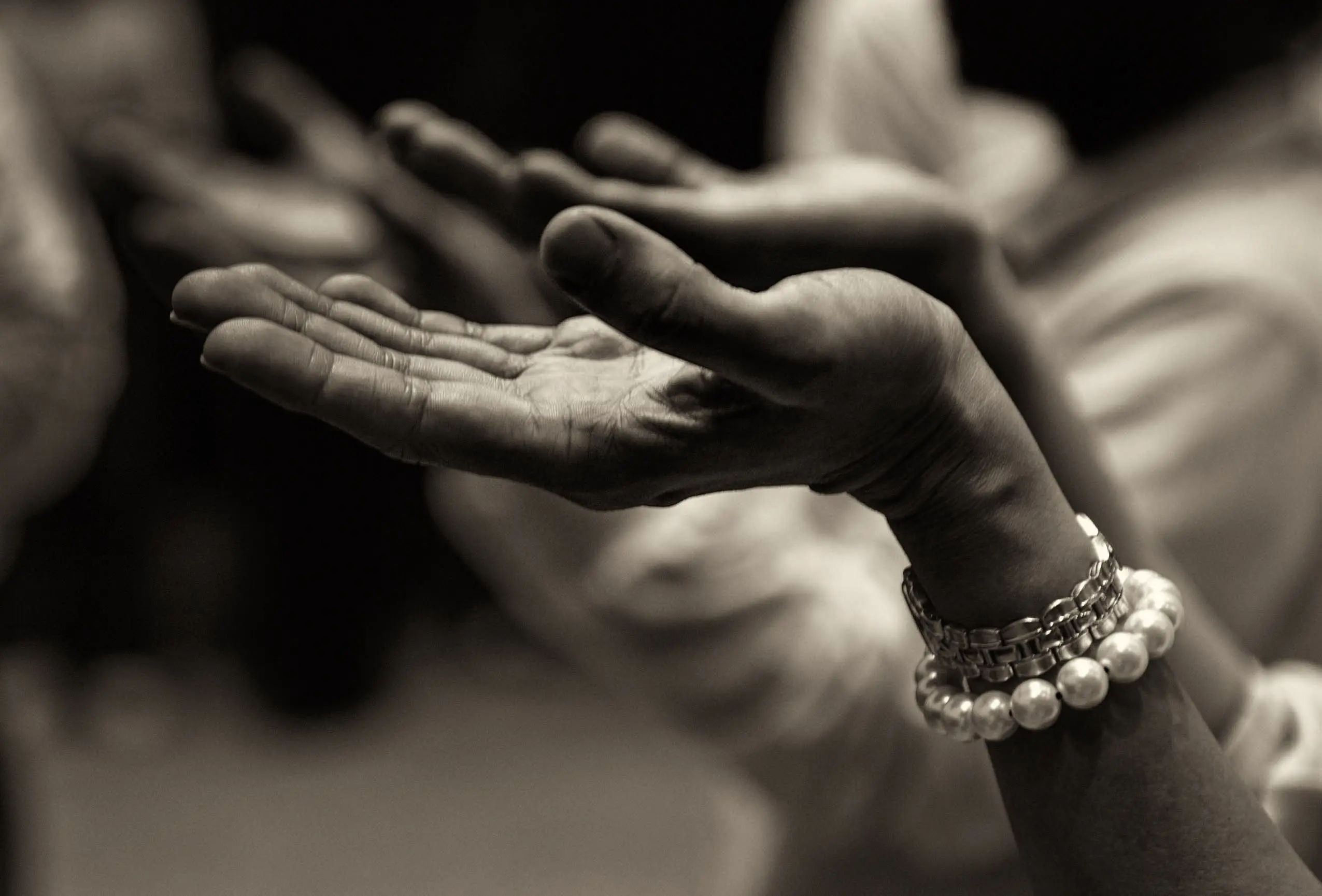A Note of Hesitancy
As of this writing, the events unfolding in the auditorium of Asbury’s chapel are getting more and more difficult to explain away. What began as a routine chapel service on Wednesday, February 8th has transformed into a perpetual worship service, drawing crowds from all around the nation, and indeed from around the world. Pictures from the scene show swelling lines of people stretching around the building, segments are going viral on TikTok, and the worship is spreading to other campuses.
The word revival is in wide circulation—certainly not something most of us were expecting in the ragged winter of 2023. In the words of one Asbury Theological Seminary professor, “It is as if a tiny slice of heaven is meeting us here on earth.”
And yet, many Christians remain hesitant. Isn’t talk of revival a bit premature? How can we possibly evaluate the long term outcome of this extensive worship service right now?
Some argue that such questions are a sign of hardened cynicism and hopelessness in the US church. The hesitancy may be disconcerting, but it isn’t without warrant. Recent years have revealed a tangled web of sexual abuse, political idolatry, and deep-seated corruption that encompasses people and institutions that were formerly viewed as the very picture of credibility and integrity. For those who watched Christian convictions sacrificed on the altar of political expediency, saw their “heroes of the faith” exposed as licentious predators, or beheld the prophetic witness of Christ’s call abandoned under the sway of celebrity culture, trust is hard to come by. A better word than cynicism would be disillusionment.
3 Crucial Dimensions of Reality from Pascal
Lately, I’ve been drawn to a somewhat cryptic thought from Blaise Pascal: “The motions of grace; the hardness of the heart; external circumstances.” I first encountered this haunting sentence as an epigraph to John Updike’s Rabbit, Run, and I’ve continued to ruminate on it throughout the years. If I’m following him correctly, Pascal is naming three dimensions of reality. On the one hand, all is grace. Existence is an unprecedented gift that unfolds with an exuberance and gratuity that we simply cannot fathom. And, calling to mind the apostle Paul’s majestic phrase, in Christ “all things hold together.” Our Lord actively sustains his creation at all times. This is God’s good world and we are never alone.
So why do we often feel so empty and lonely? What makes us grumble when the alarm shatters our slumber and assaults us with the day’s impending task list? What stops us from praising our Lord as soon as we open our eyes and draw breath into our lungs? On a more severe note, what keeps us in cycles of addiction, abuse, and destruction? Where does all this calamity come from? In a word, the hardness of the heart. Ours is a fallen world and we are numbered in its fall. If our world is a “vale of tears,” we’ve added our share not only as victims, but also as aggressors. The hardness of the heart means we can’t point to cultural decline without including ourselves in that decline, humbling as that prospect is.
Pascal’s sentence concludes with “external circumstances.” This is largely where scientists, sociologists, and historians fix their gaze—on the “crooked timber of humanity,” to borrow Kant’s phrase. If external circumstances become our sole field of inquiry, however, the view will remain quite barren. To pull in biblical phraseology, we will see a picture of “life under the sun.” Empires rise and fall. Fortune is followed by misfortune. The heroism of many people we once cherished turns out to be more hagiography than biography, and the one persistent feature of human life is impermanence. Dwell in this place without remembering the motions of grace and the hardness of the heart, and it’s easy to mistake hopelessness for maturity.
Seeing the Motions of Grace Once Again
For those hesitant about what’s happening at Asbury, it’s possible to undertake a thorough historical analysis of the place of revivals in North America. Viewed through the dispassionate lens of academic research, these events can’t help but look strangely hollow and lifeless. This anemic effect isn’t limited to religious expressions, of course. An anthropologist describing the various “rituals” of a child’s birthday party would render a joyous occasion similarly lifeless. (It’s also worth pointing out that a disinterested academic tone is itself a sophisticated stylistic device that’s adept at pulling off a convincing impression of impartiality.)
As we’ve mentioned, history is also replete with conflicted examples. When revival broke out in Scotland in 1742, for instance, the minister Charles Chauncey inveighed against what he termed “enthusiasms”—his phrase for the confusing of overwhelming emotion with true conviction. The debate is with us to this day. Are we seeing a genuine move of the Spirit at Asbury, or are people just mistaking an emotional high for spiritual breakthrough? And, again, Chauncey’s concern wasn’t entirely unwarranted. Revivals, like all human endeavors, were subject to abuse on the part of con-men and charlatans of various stripes. Once again, the hardness of the heart is ever-present in human affairs.
But the motions of grace are always operative as well. So many of the testimonies regarding Asbury report a sense of mercy, gentleness, and peace. This stands in overwhelming contrast to our chaotic cultural moment. Absent also are any kind of political antics, publicity gimmicks, or subtle forms of emotional manipulation about which we’ve become so wary. In spite of the hardness of the heart and the recalcitrance of external circumstances, it appears the motions of grace are becoming more transparent to us. In truth, they’ve never been absent. Many of us have simply been sleepwalking through God’s good world. I for one am grateful for the gentle wake-up call.



